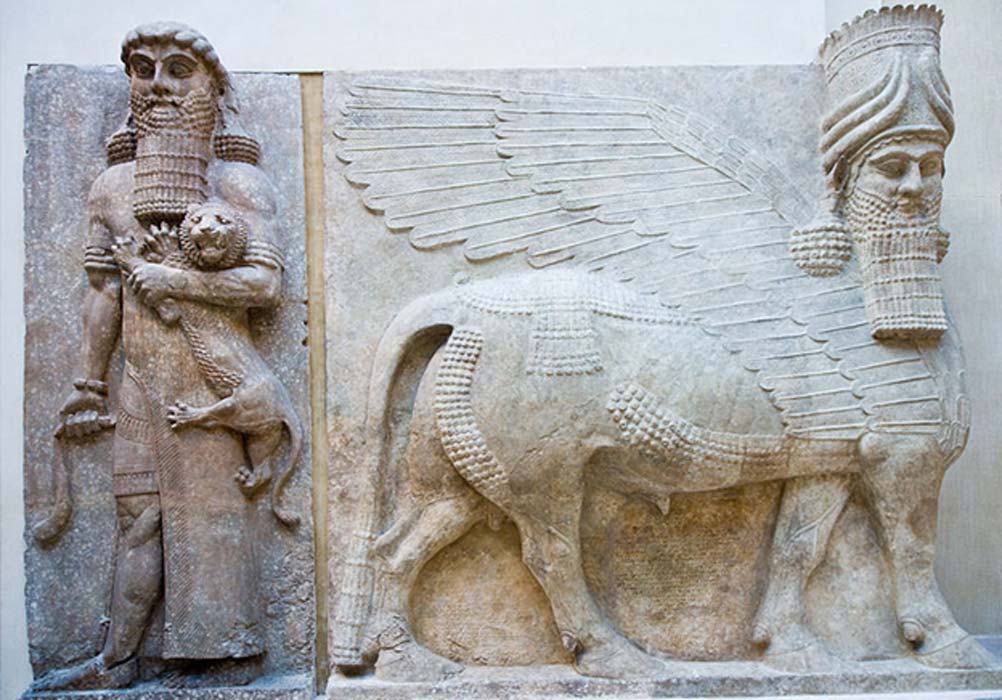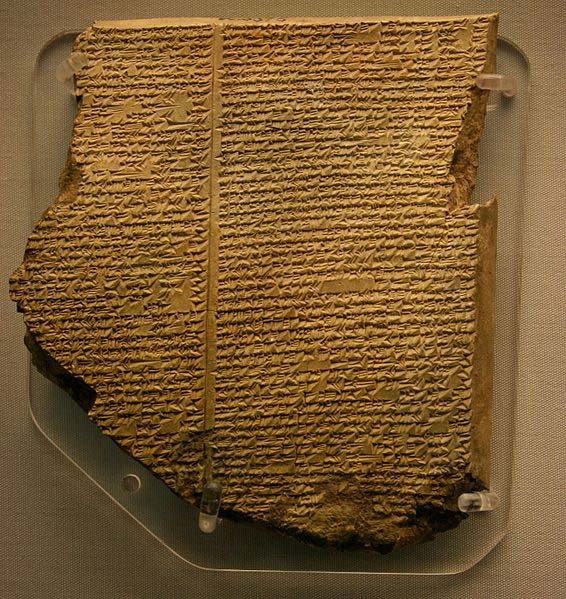
Immortality Lies within the Legend: Is Gilgamesh Alive and Well?
In 1853, Hormuzad Rassam discovered fragments of an ancient Sumerian text which is now considered to be the first great work of literature our civilization ever produced. After its translation it was published in 1870 by George Smith. Although read by serious Mesopotamia scholars far and wide, it was generally consigned to oblivion in the popular press. As a matter of fact, it took an episode of Star Trek: The Next Generation to spark any real public interest in the work. The second episode of the fifth season of the popular TV show was entitled Darmok. In it, Patrick Stuart's character, Jean Luc Picard, quoted the line: "He who was my companion through adventure and hardship is gone forever”. Soon after people all over the world rushed to find a copy of The Epic of Gilgamesh so they could learn more about the heroes Gilgamesh, king of Uruk, and Enkidu, a wild man of the forest. It was another triumph for those who trumpet the enormous impact, and resulting responsibility, of popular television shows.

The Flood Tablet, the 11th tablet of the Gilgamesh Epic, describes how the gods sent a flood to destroy the world. Utnapishtim was forewarned and built an ark to house and preserve living things. (CC BY-SA 4.0)
Gilgamesh and Enkido
The Epic of Gilgamesh was composed more than 4,000 years ago. It tells the story of how two men as different as king Gilgamesh and savage Enkido could triumph over adversity and develop a personal friendship. Enkido was created by the gods specifically to keep Gilgamesh from subjugating and oppressing his people. But after an epic battle, the two became friends, and shared many adventures. Eventually, however, the now ‘civilized’ Enkido was given a death sentence by the gods, partly as a consequence of failing to fulfill the purpose for which he was created. Depressed and disillusioned by his friend's death, Gilgamesh undertook a long and difficult quest to discover eternal life. He believed the gods to be unfair because they created humankind with the knowledge of eternity, but without the ability to ever achieve it. This, he came to believe, was an unforgivable act.





